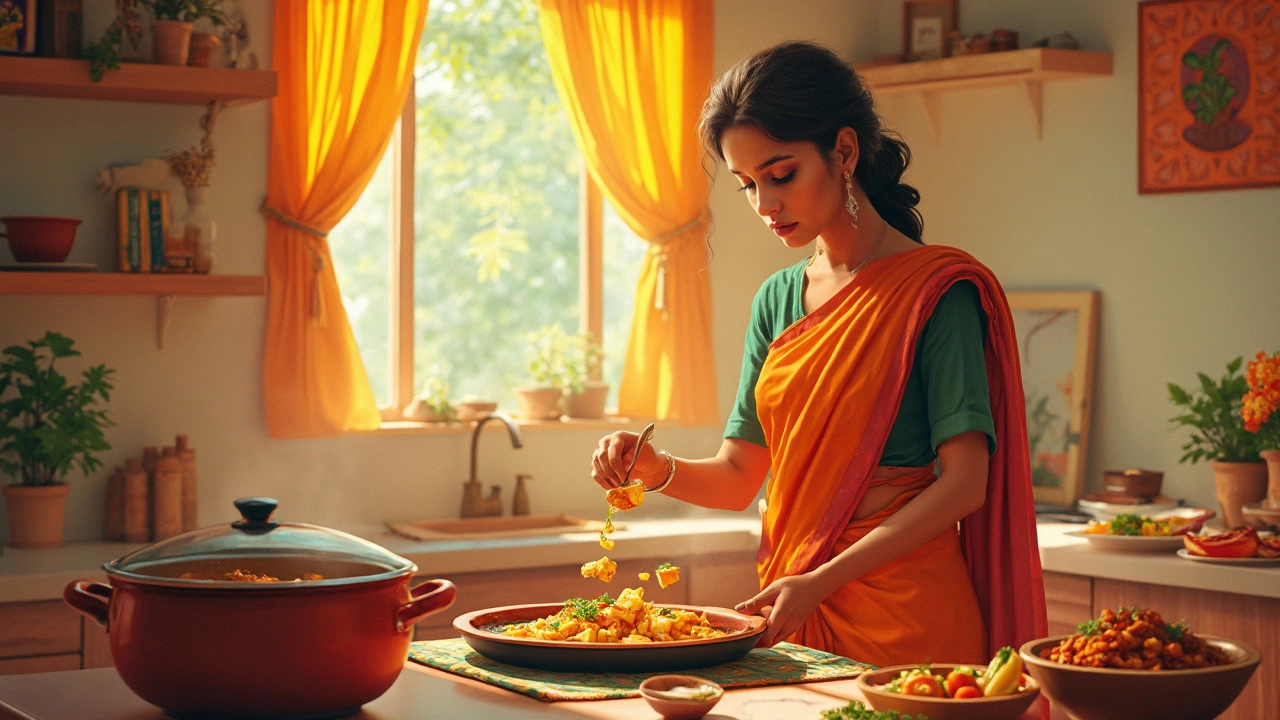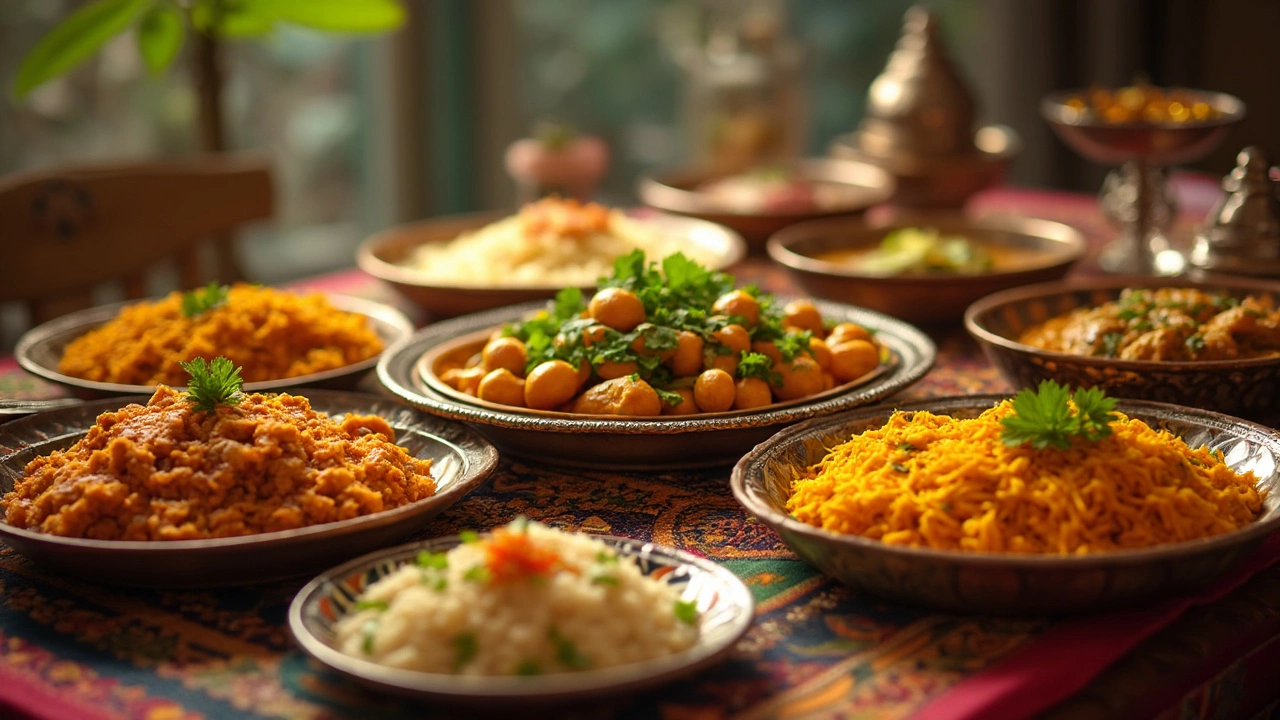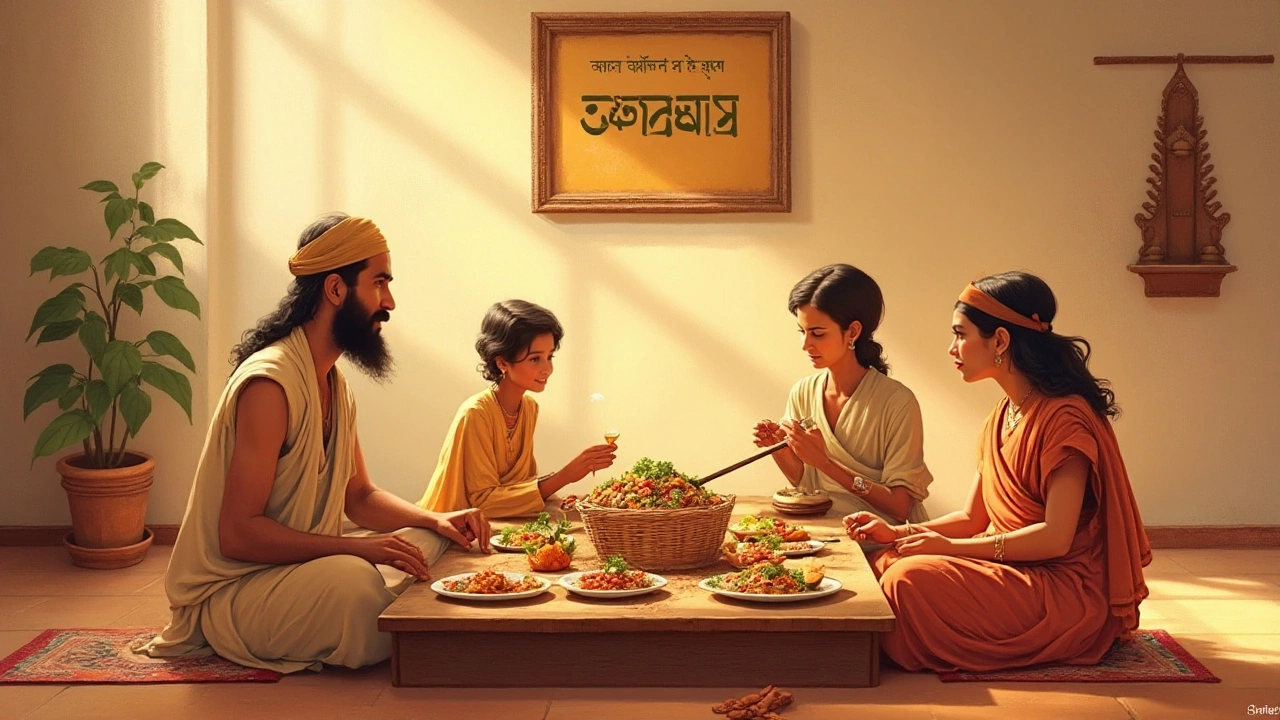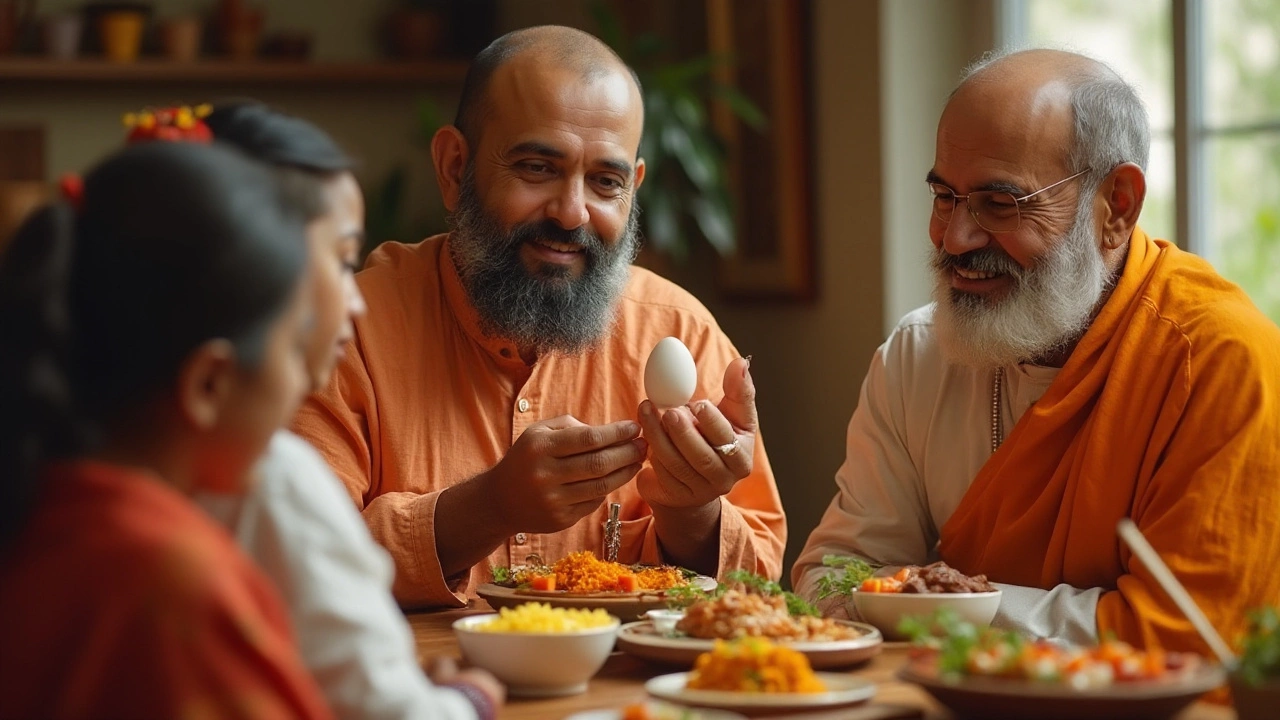Vegetarian Indian Dishes: Simple, Flavorful, and Full of Tradition
When people think of Indian food, they often picture heavy curries and spicy meats—but the truth is, vegetarian Indian dishes, a vast category of meals centered around legumes, grains, vegetables, and dairy, forming the backbone of daily eating across India. Also known as lacto-vegetarian Indian food, this style of cooking feeds over 80% of the population and has shaped global perceptions of what Indian food can be. It’s not just about skipping meat—it’s about building flavor with spices, fermentation, and technique. From the steamed softness of idli to the smoky depth of chana masala, these dishes are designed to be satisfying without a single animal product.
Many of these meals rely on lacto-vegetarian Indian food, a dietary pattern that includes dairy like yogurt, ghee, and paneer but excludes eggs and meat. Also known as Indian vegetarian diet, it’s not a trend—it’s a centuries-old way of eating rooted in culture, religion, and practicality. You’ll find yogurt in marinades, ghee in flatbreads, and paneer in stir-fries—all playing key roles without needing meat. But even within this, there’s room for variation: dairy-free Indian meals, a growing subset that replaces milk-based ingredients with coconut, nuts, or water-based alternatives. Also known as Indian vegan dishes, they’re perfect for those avoiding dairy for health or ethical reasons. Recipes like moong dal khichdi or aloo gobi prove you don’t need cheese or butter to get richness.
What makes these dishes stand out isn’t just what’s in them—it’s how they’re made. Fermented batters for dosa and idli boost nutrition. Slow-cooked lentils absorb layers of cumin, turmeric, and mustard seeds. Even simple rice and dal become meals worth remembering. And unlike Western vegetarian meals that often mimic meat, Indian vegetarian food doesn’t try to replace anything—it celebrates what’s already there: lentils, chickpeas, spinach, cauliflower, and spices that turn the ordinary into something extraordinary.
You’ll find all this reflected in the collection below: real recipes, honest comparisons, and practical tips—from how to make perfect dosa batter to why citrus ruins paneer, and which dishes are the most nutrient-dense without being bland. Whether you’re new to Indian cooking or looking to deepen your pantry, these posts give you the tools to eat well, eat authentically, and eat without compromise.

Is Tikka Masala Just Curry? Breaking Down the Difference
People often wonder if tikka masala is just another curry, but the answer is more interesting than a simple yes or no. This article looks at what makes tikka masala unique among Indian vegetarian dishes, and why you won't find it served the same way as a typical curry. You’ll see real-world cooking tips, the basic differences in how each dish is made, and how you can spot a genuine tikka masala versus an everyday curry. Vegetarian home cooks will also pick up tricks to make both at home. After reading, you'll never mix them up at your next dinner party.
View More
Best Vegetarian Indian Dishes to Order
Exploring vegetarian Indian dishes can be an exciting culinary adventure. With a multitude of flavors and spices, picking the best dish might seem daunting. This article delves into popular and unique vegetarian Indian options, offering tips to make your dining experience both enjoyable and fulfilling. Discover the cultural backdrop and ingredients that make these dishes favorites amongst locals and enthusiasts alike.
View More
The Jain Diet: Understanding the Exclusion of Carrot
Understanding why Jains avoid eating carrots stems from their deep-rooted belief in non-violence and minimal harm toward all life forms. Carrots are excluded due to their growth beneath the soil, harboring many microorganisms, and the act of uprooting them results in the destruction of these life forms and the plant itself. This practice aligns with the Jain philosophy of ahimsa, which advocates for the gentlest form of living, factoring into their dietary choices that prioritize compassion over culinary diversity.
View More
Do Indian Vegetarians Include Eggs in Their Diet?
Eggs are often considered a gray area in vegetarian diets, especially in India where dietary choices are deeply influenced by religion and tradition. This article explores the stance of Indian vegetarians on eating eggs and the various factors influencing their decision. It delves into the differences between ovo-vegetarians and traditional vegetarians, and the role of cultural values. The article also highlights some popular vegetarian dishes and the role eggs may or may not play in them.
View More